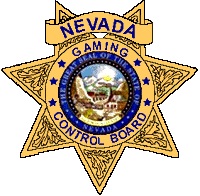
Nevada Gaming Control Board
Our gaming regulatory framework has developed a reputation around the globe as the leader through its 80 year history and long standing contributions of legislative and government leaders, gaming commissioners, board members and dedicated employees. This reputation has been greatly enhanced by the contributions of gaming lawyers, accountants, advisers and members of the academic community who have challenged our system with continued new ideas.